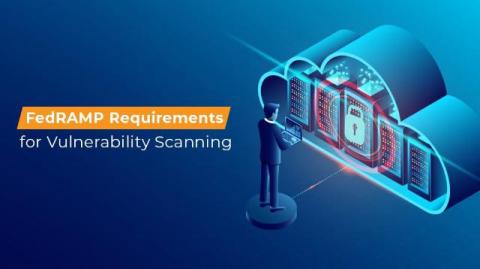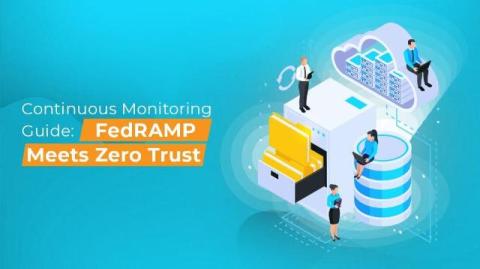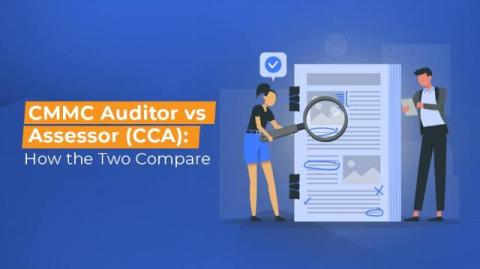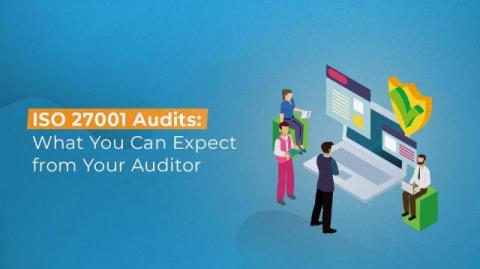Guide: FedRAMP Requirements for Vulnerability Scanning
FedRAMP is a key part of maintaining the digital security of the federal government, by way of enforcing security rules across departments and the cloud service providers that work with them. Any CSP that wishes to work with a federal agency or department and handle controlled information needs to obtain an authority to operate (ATO) from the program management office. Part of that ATO is the continuous monitoring of the CSP’s systems to ensure ongoing security in a changing world.






